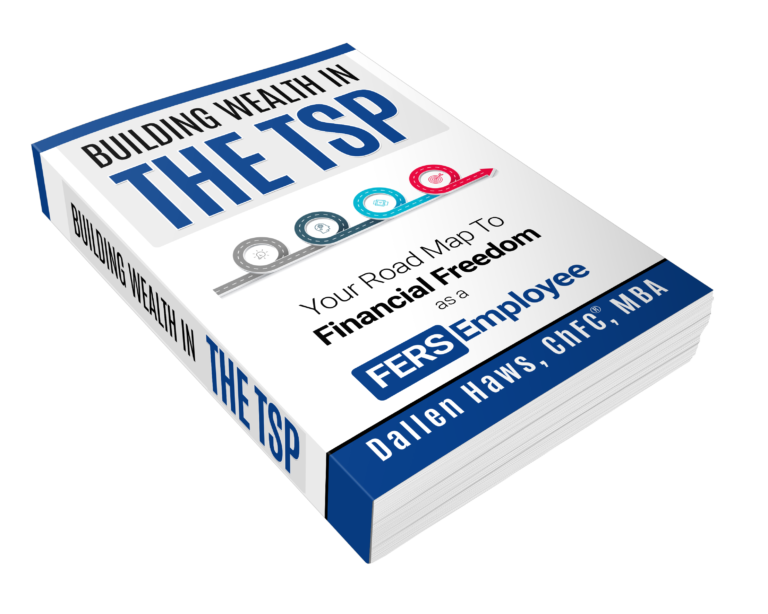Retiring overseas (aka outside of the US) is a tempting proposition, especially for federal employees.
What’s not to love about enjoying a new place and culture all at a lower cost than the United States?
Sometimes it is the best of all worlds.
But if you are considering retiring overseas, here are 5 things to know to make you are set up for a great expat retirement.
Don’t Buy Right Away
It can be tempting to buy a house in your overseas retirement spot before you move there so you have your own place ready right away.
However, it is important to make sure that is the spot you really want to be long term.
After all, living somewhere can be very different from vacationing there.
It can often make sense for someone to rent for a while to get a sense if they want to be there long term.
Note: This also applies to those that are retiring to a new location within the US.
Health Insurance
Because federal employees have access to the Foreign Service Benefit Plan, getting health insurance abroad isn’t as big of a challenge as it is for non-feds.
However, you will want to make sure you have a plan for Medicare as well.
While Medicare doesn’t cover medical expenses abroad, Medicare part B has a late enrollment penalty (10% per year) for those that don’t enroll around their 65th birthday (or once they retire).
For example, let’s say you retire to Mexico at age 65 and live there for 20 years at which point you return to the states.
You hadn’t enrolled in Medicare part B because it has a premium and wouldn’t cover you in Mexico.
However, if you want to enroll in Medicare part B once you return then your Medicare part B Premiums will have a 200% late enrollment penalty (10% for every year).
Is it Really Cheaper?
Some places are significantly cheaper to live in compared to the United States.
However, you have to account for all the potential expenses of that location to know how it will affect your bottom line.
For example, if you retire to many places in South America you can save a lot of money on living expenses.
However, how often will you want to return to the states to visit friends and family? Will you keep a home/storage shed in the US that needs to be paid for/maintained?
Taxes
Unfortunately, no matter where you retire to, you can’t escape Uncle Sam.
You will still owe US taxes.
Is That Where you Want to Be for Every Stage of Retirement?
I understand that it can be very difficult to know exactly where you want to live for your entire retirement.
Preferences and needs change as we all age.
That is why it is crucial that as you are planning and making decisions about your retirement you keep your options open.
You don’t want to box yourself into a solution that may not fit your needs for your entire retirement.


